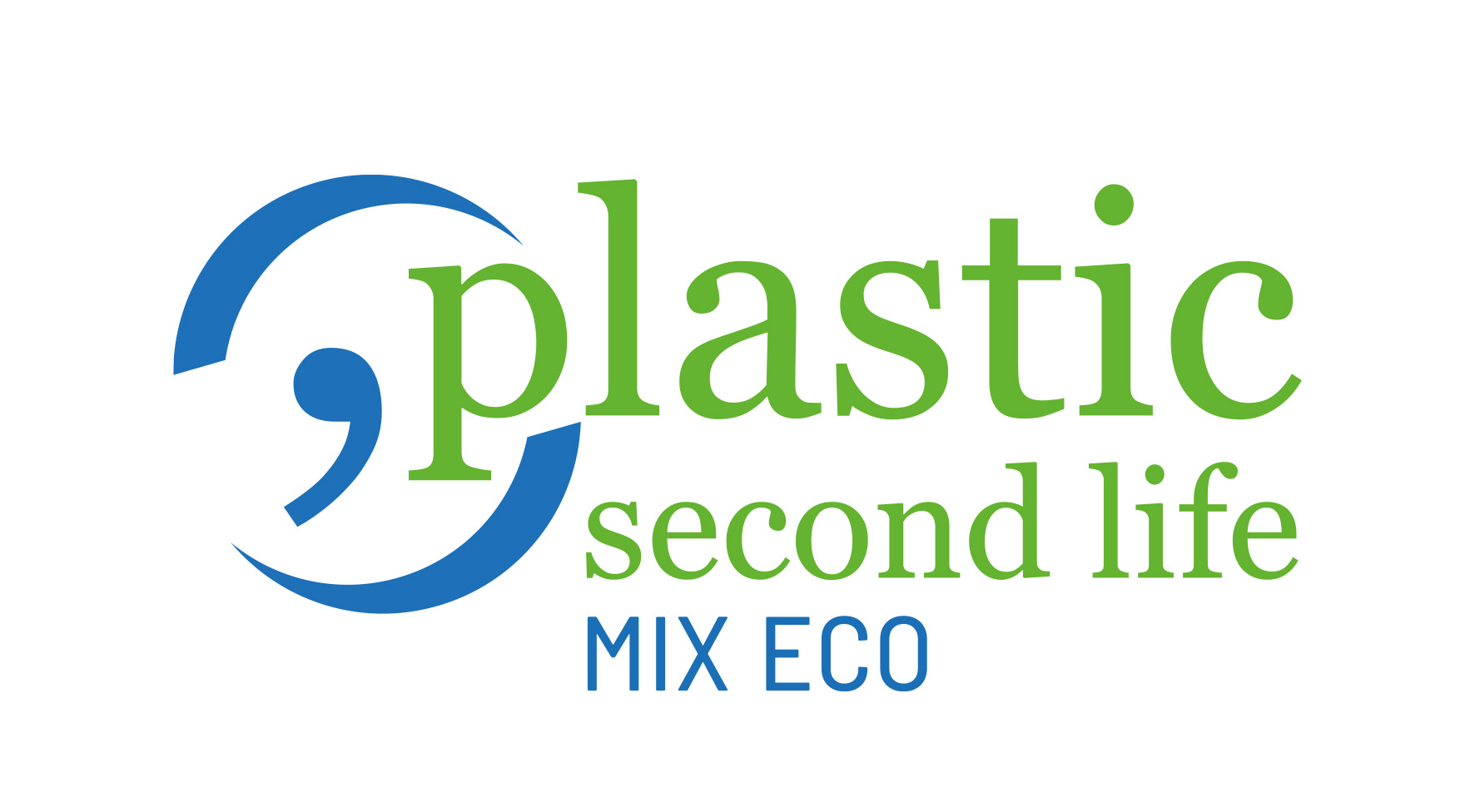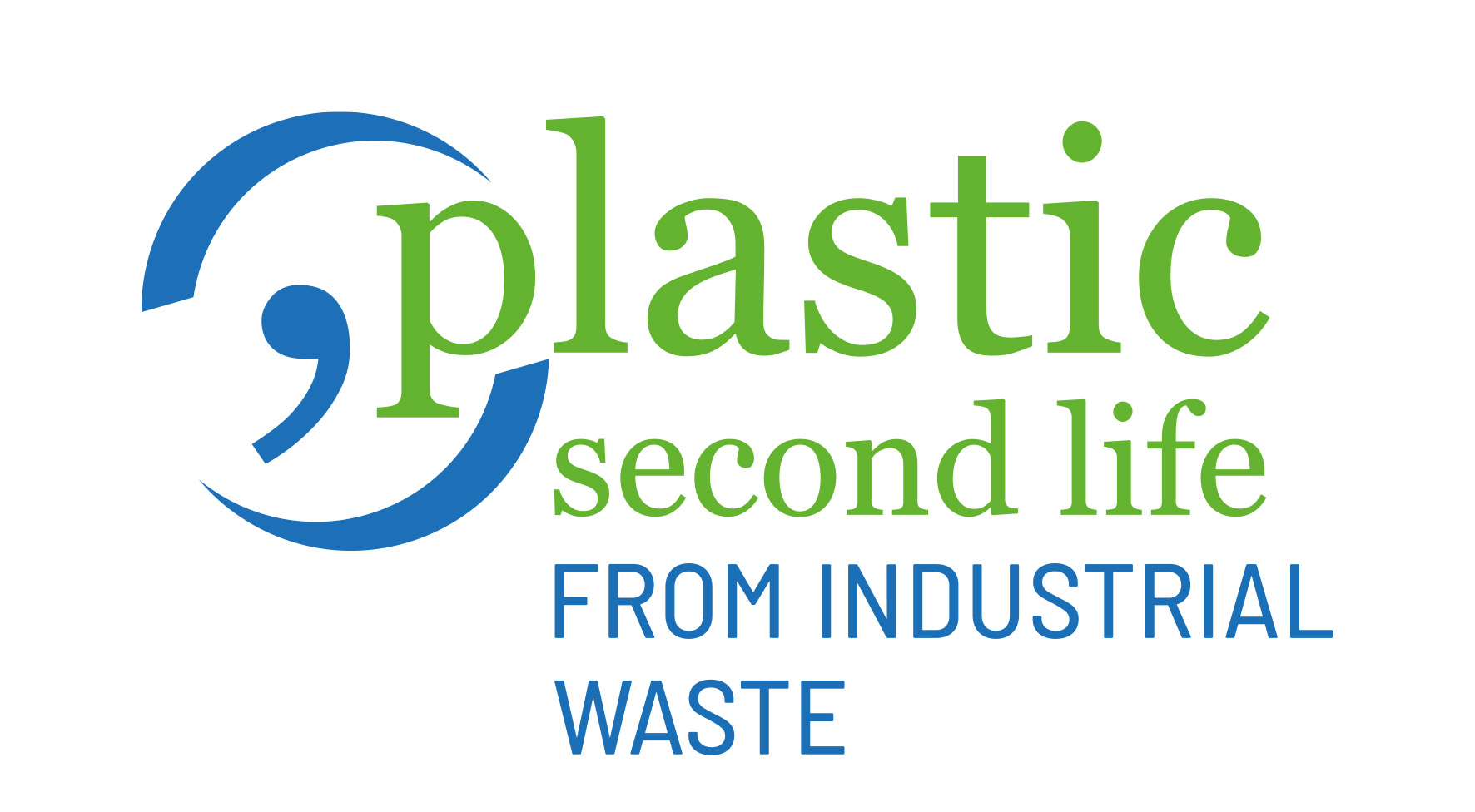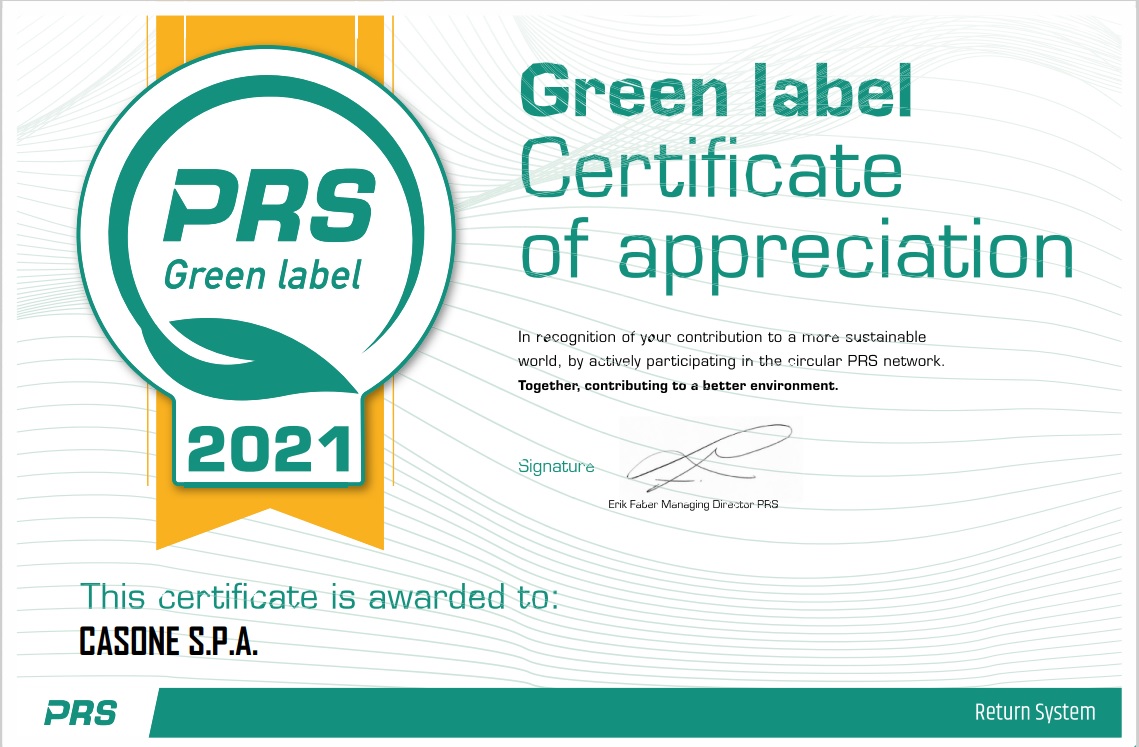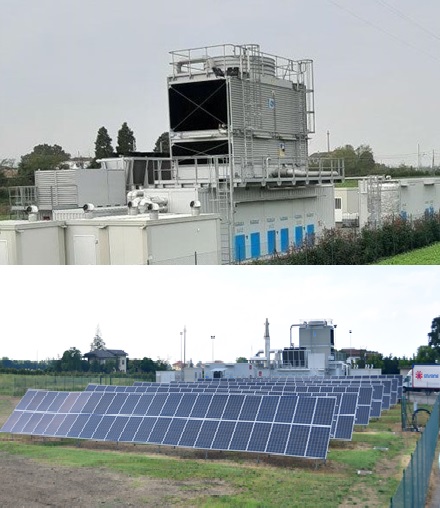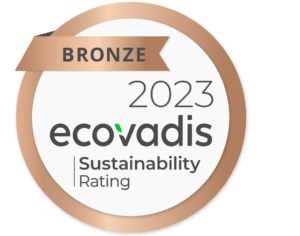
Development and sustainability are the principles that guide us
Casone S.p.A. is well aware of the importance of safeguarding and protecting the environment, therefore it is committed to reduce all risks related to the manufacturing of plastic packages and to the environmental impact of its End of Life products.
This goal is pursued through:
- the retrievement of production discards (through grinding and drawing), to subsequently re-release them into the manufacturing process of packages
- the possibility of using recycled materials (pre and post consumer) to produce new containers. Casone Spa, obtained in September 2020 the PLASTICA SECONDA VITA certification (PSV) https://www.ippr.it/psv issued by IPPR, testifying to the company’s commitment to being an active part of the circular economy
- the replacement of “conventional” oleo-dynamic machines with electric machinery
- the installation in 2019 of a methane gas trigenerator to produce electricity, hot and cold water, which allows the reduction of Co2 emissions by about 600 tons per year
- the installation during 2020 and its enlargment during 2022, of a photovoltaic system that allows the reduction of 400 tons of CO2 per year
- the development of the in-mould-labelling technology (thus abandoning all ink and solvents used in the traditional silkscreen and offset printing techniques, and reducing equipment handling);
- the recovery of used pallets – Casone Spa was awarded the PRS Green Label in 2019, to actively contribute to the circular system of reuse of pallets.
- the investments in R&D to design and create containers that, despite having a lower quantity of raw materials, can guarantee high performance.
We believe in Corporate Social Responsibility (CSR) and for this reason we have a transparent and ethical behavior (inspired by ISO 26000) in decisions and activities that impact on society and the environment.
As evidence of our commitment, we have chosen to undergo evaluation by EcoVadis
